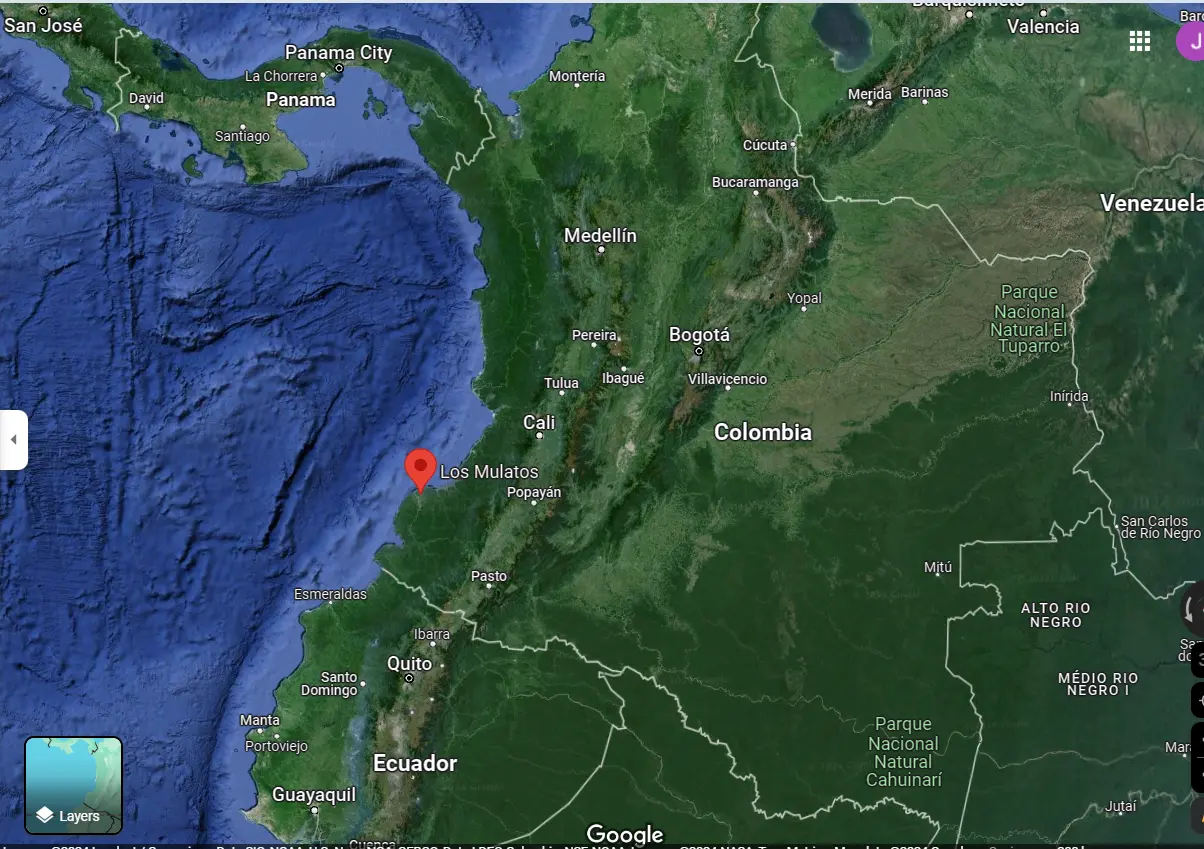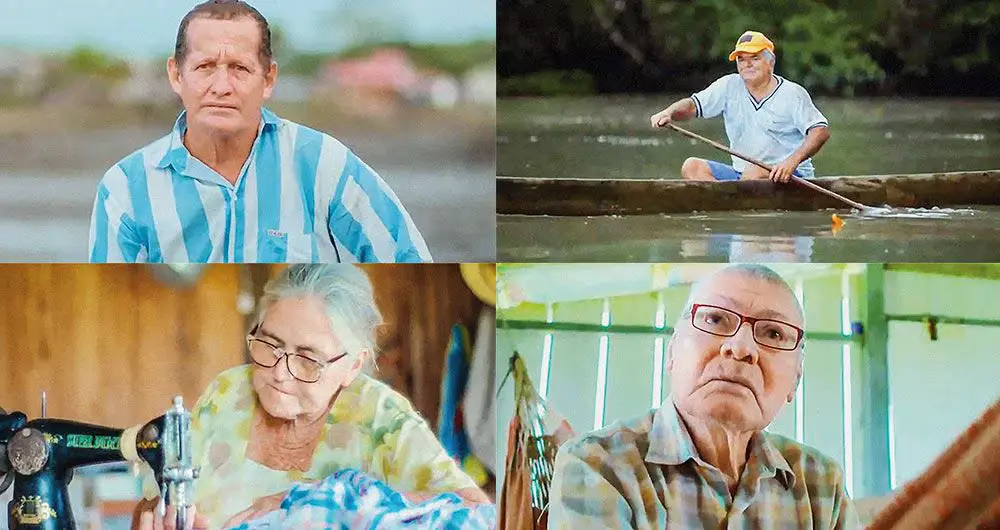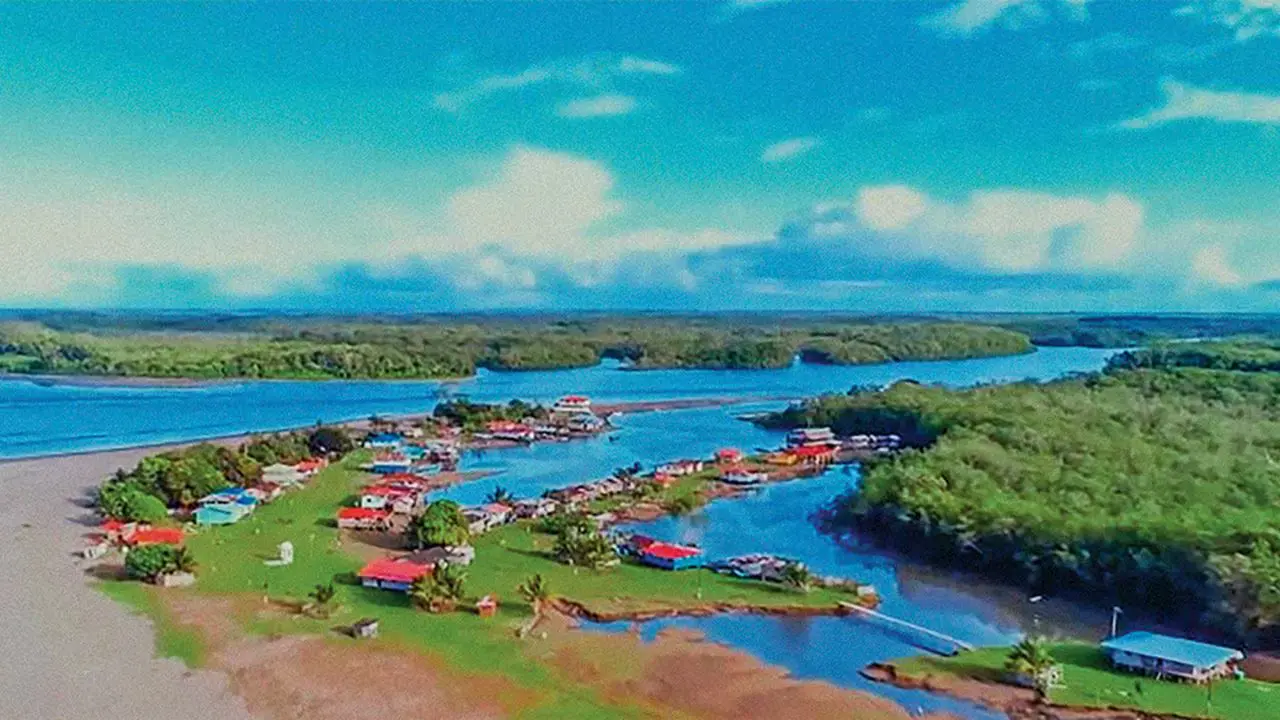Inhabitants of Isla Mulatos in Colombia strikingly resemble Vikings with their blue or green eyes, blond hair, and fair skin, setting them apart from the region’s usual demographics.
The secluded island is home to about 600 people with distinctive genetic makeups, which fascinate locals and scientists alike.
Known as “culimochos,” the community boasts over 200 years of Viking-like seafaring and European shipbuilding traditions.

Theories on their origins range from shipwrecked European explorers or settlers to isolated genetic mutations.
Despite globalization, Isla Mulatos integrates traditions with modernity while preserving its heritage.
Historically, the islanders practiced social isolation, often avoiding intermarriage to preserve their traits.

This has evolved, allowing greater genetic diversity. Fishing and boat-making, reflecting their Viking roots, are primary livelihoods.
To maintain cultural and environmental integrity, access to Isla Mulatos (Los Mulatos), preserved by its isolation, requires a boat or plane.
Isla Mulatos is a captivating mix of mystery, history, and preservation, as a unique part of Colombia’s mosaic.

Navigating the Colombian Pacific to access Isla Mulatos offers visitors a glimpse into a virtually untouched culture and natural beauty.
Guests are met with stunning landscapes and a welcoming community, inviting exploration of its pristine beaches, marine life, and rich traditions.

